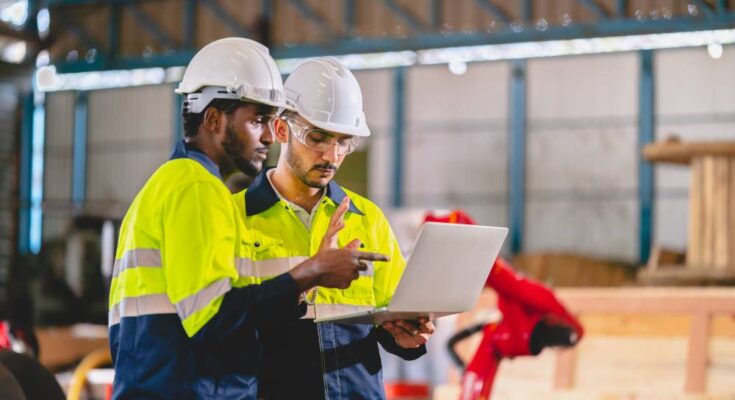In recent years, manufacturing has undergone a remarkable transformation driven by the integration of innovative technologies and scientific advancements. This evolution is not just about improving efficiency but also revolutionizing the way manufacturers design, develop, and bring new products to market. For manufacturers and engineers, staying abreast of these changes is crucial for maintaining competitiveness and leveraging new opportunities. By exploring modern innovation and science, we can gain a better idea of manufacturing and its role in our lives.
Advanced Materials
The development of new materials, such as composites, nanomaterials, and smart materials, has significantly impacted manufacturing. These materials often exhibit superior properties like increased strength, lighter weight, and enhanced durability, opening up new possibilities for product design and performance.
Nanotechnology
Nanotechnology involves manipulating matter at the atomic and molecular levels. Manufacturers use it to create materials with enhanced properties, such as increased electrical conductivity, improved thermal resistance, and greater strength. Applications range from electronics to medical devices and aerospace components.
Biotechnology
Biotechnology integrates biological processes with manufacturing, leading to the creation of bio-based materials and processes. This can include everything from biodegradable plastics to bio-fabrication techniques used in tissue engineering and pharmaceuticals. Biotechnology has the potential to reduce environmental impact and improve sustainability in manufacturing.
Machining
Machining is a fundamental process in modern manufacturing that involves removing material from a workpiece to shape it into a desired form. Traditional machining techniques include milling, turning, drilling, and grinding, each utilizing specific tools and equipment to achieve precise dimensions and surface finishes. Today, innovations in plastic machining technology are radically changing how manufacturers approach product prototyping and development.
Sustainable Practices
In today’s manufacturing environment, sustainability is a necessity. Manufacturers are increasingly adopting sustainable practices, such as using renewable energy sources, recycling materials, and developing eco-friendly products, to reduce their environmental footprint. Innovations such as green chemistry and closed-loop manufacturing systems are at the forefront of this movement. As consumers become more environmentally conscious, sustainability will continue to be a driving force in modern manufacturing.
Unlocking New Opportunities for Growth
The landscape of modern manufacturing is continually evolving, and by exploring the convergence of science, technology, and innovation, decision-makers can adapt to the fast-paced environment. Businesses that embrace these advancements take a necessary step toward future-proofing operations. By integrating cutting-edge technologies, adopting sustainable practices, and fostering a culture of continuous learning and improvement, players across the industry can unlock new levels of efficiency, productivity, and competitiveness.



